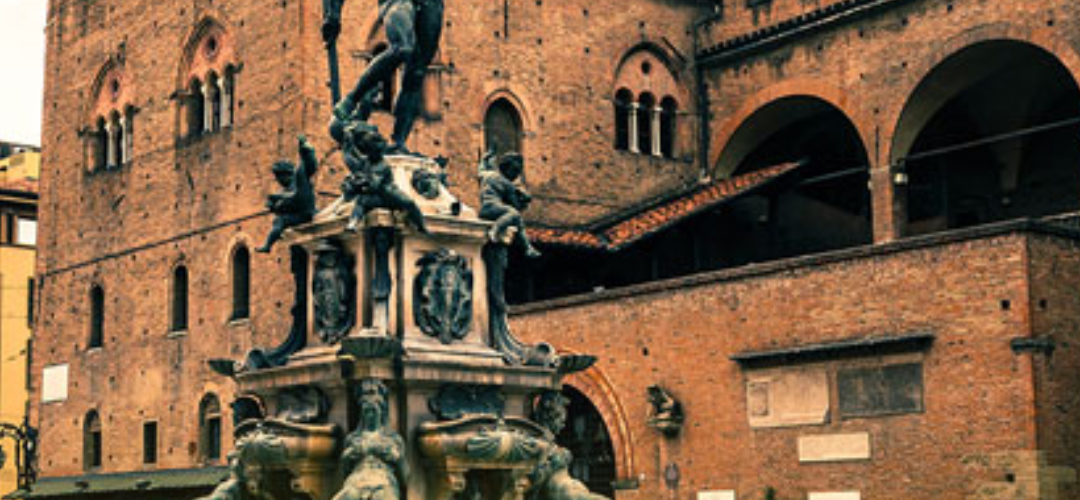Free University to Study in Italy: Opportunities and Insights

Studying in Italy offers an enriching experience filled with historical significance, cultural immersion, and academic excellence. For international students, the allure of Italy’s renowned universities combined with the possibility of studying for free or at a minimal cost can be particularly appealing. This detailed article explores the opportunities, requirements, and insights for students looking to study for free at Italian universities.
- Overview of Higher Education in Italy
Historical Background
Italy boasts a rich history in higher education, home to some of the oldest universities in the world. The University of Bologna, founded in 1088, is often considered the oldest university in continuous operation. Italian universities have historically been at the forefront of academic and scientific advancements, making significant contributions to various fields of study.
Structure of Higher Education
The Italian higher education system is structured similarly to other European countries, comprising undergraduate (Laurea Triennale), postgraduate (Laurea Magistrale), and doctoral (Dottorato di Ricerca) programs. The country is a member of the European Higher Education Area (EHEA), adhering to the Bologna Process, which standardizes degrees and quality assurance across Europe.
- Universities Offering Free Education
Several public universities in Italy offer programs that are either free or have minimal tuition fees for both EU and non-EU students. Here are some notable universities:
University of Bologna
Overview: The University of Bologna is renowned for its historical significance and academic excellence. It offers a wide range of programs in arts, sciences, engineering, and humanities.
Tuition Fees: While the university generally charges tuition fees, numerous scholarships and grants are available that can cover tuition and living expenses for international students.
Sapienza University of Rome
Overview: Sapienza is one of the largest universities in Europe, offering a diverse array of programs in various disciplines.
Tuition Fees: Tuition fees are relatively low, and several scholarships, such as the “Laziodisu” regional scholarship, can cover the costs for eligible students.
University of Pisa
Overview: Known for its research and academic prowess, the University of Pisa offers programs across sciences, engineering, and humanities.
Tuition Fees: Pisa provides various scholarships and financial aid options, including the “DSU Toscana” scholarship, which can fully cover tuition fees and living expenses.
Polytechnic University of Milan
Overview: Specializing in engineering, architecture, and design, the Polytechnic University of Milan is one of Europe’s top technical universities.
Tuition Fees: The university offers merit-based scholarships that can cover tuition fees and provide a stipend for living expenses.
- Scholarships and Financial Aid
Government Scholarships
The Italian government offers several scholarships to international students, including:
Invest Your Talent in Italy: This program provides scholarships to students from specific countries, covering tuition fees and offering a monthly allowance.
MAECI Scholarships: The Ministry of Foreign Affairs and International Cooperation offers scholarships to foreign students and Italian citizens living abroad, covering tuition fees, health insurance, and a monthly stipend.
University-Specific Scholarships
Many universities offer their own scholarships and financial aid programs:
Bocconi University Scholarships: Bocconi University offers several merit-based scholarships, covering full tuition and providing a substantial living allowance.
Politecnico di Torino Scholarships: The Polytechnic University of Turin offers scholarships based on academic merit, covering tuition fees and offering a stipend for living expenses.
- Admission Requirements and Process
Academic Qualifications
To apply for undergraduate programs, students generally need to have completed secondary education equivalent to the Italian high school diploma. For postgraduate programs, a relevant bachelor’s degree is required. Specific requirements may vary depending on the program and university.
Language Proficiency
Most programs are offered in Italian, so proficiency in the language is essential. However, an increasing number of programs are available in English, particularly at the postgraduate level. Proof of language proficiency, such as TOEFL or IELTS for English programs and CILS or CELI for Italian programs, is typically required.
Application Process
The application process involves several steps:
Choose a Program and University: Research and select the program and university that align with your academic interests and career goals.
Prepare Documentation: Gather the necessary documents, including academic transcripts, language proficiency certificates, letters of recommendation, and a statement of purpose.
Apply Online: Submit your application through the university’s online portal or the national application system, such as Universitaly.
Await Admission Decision: After submitting your application, wait for the university to review your application and issue an admission decision.
Apply for a Visa: If accepted, apply for a student visa at the nearest Italian consulate or embassy.
- Living in Italy as a Student
Cost of Living
While tuition fees can be minimal or covered by scholarships, students should be prepared for living expenses, which vary depending on the city. Major cities like Rome, Milan, and Florence are more expensive, while smaller cities and towns are more affordable. Monthly expenses, including accommodation, food, transportation, and leisure activities, can range from €700 to €1,500.
Accommodation
Students have several accommodation options:
University Dormitories: Many universities offer on-campus housing, which is convenient and often more affordable.
Private Apartments: Renting a private apartment or shared accommodation is common, though it can be more expensive.
Homestays: Living with an Italian family provides an immersive cultural experience and can be more cost-effective.
Transportation
Italy has an efficient public transportation system, including buses, trams, and trains. Students can benefit from discounted travel cards and passes, making it easy to explore the country and its rich cultural heritage.
- Cultural and Social Experience
Rich Cultural Heritage
Italy is renowned for its rich cultural heritage, with countless historical sites, museums, and art galleries. Students can explore iconic landmarks such as the Colosseum, the Leaning Tower of Pisa, and the Vatican Museums.
Cuisine
Italian cuisine is world-famous, and students will have the opportunity to savor authentic dishes such as pasta, pizza, gelato, and espresso. Each region has its own culinary specialties, adding to the gastronomic adventure.
Festivals and Events
Italy hosts numerous festivals and events throughout the year, from traditional celebrations to contemporary arts festivals. Students can immerse themselves in local culture by participating in events such as Carnevale, the Venice Film Festival, and the Palio di Siena.
- Career Opportunities and Post-Graduation
Internships and Part-Time Work
Many universities have strong ties with local industries and businesses, offering students opportunities for internships and part-time work. Gaining practical experience while studying can enhance employability and provide valuable insights into the Italian job market.
Post-Graduation Employment
International students graduating from Italian universities can explore various post-graduation employment opportunities. The Italian government offers a “stay back” option, allowing graduates to remain in the country for up to 12 months to search for employment. Additionally, Italy is part of the European Union, providing access to job markets across EU member states.
- Success Stories and Testimonials
Alumni Experiences
Many international students have successfully navigated the challenges of studying in Italy and have gone on to achieve remarkable success in their careers. Testimonials from alumni often highlight the benefits of studying in Italy, including the quality of education, cultural immersion, and networking opportunities.
Studying in Italy offers a unique and enriching experience, combining world-class education with a rich cultural heritage. With various universities offering free or low-cost education, numerous scholarships and financial aid options, and a welcoming environment for international students, Italy is an attractive destination for those seeking to further their education. By navigating the admission process, understanding the living costs, and embracing the cultural opportunities, students can make the most of their time in Italy and build a strong foundation for their future careers.













